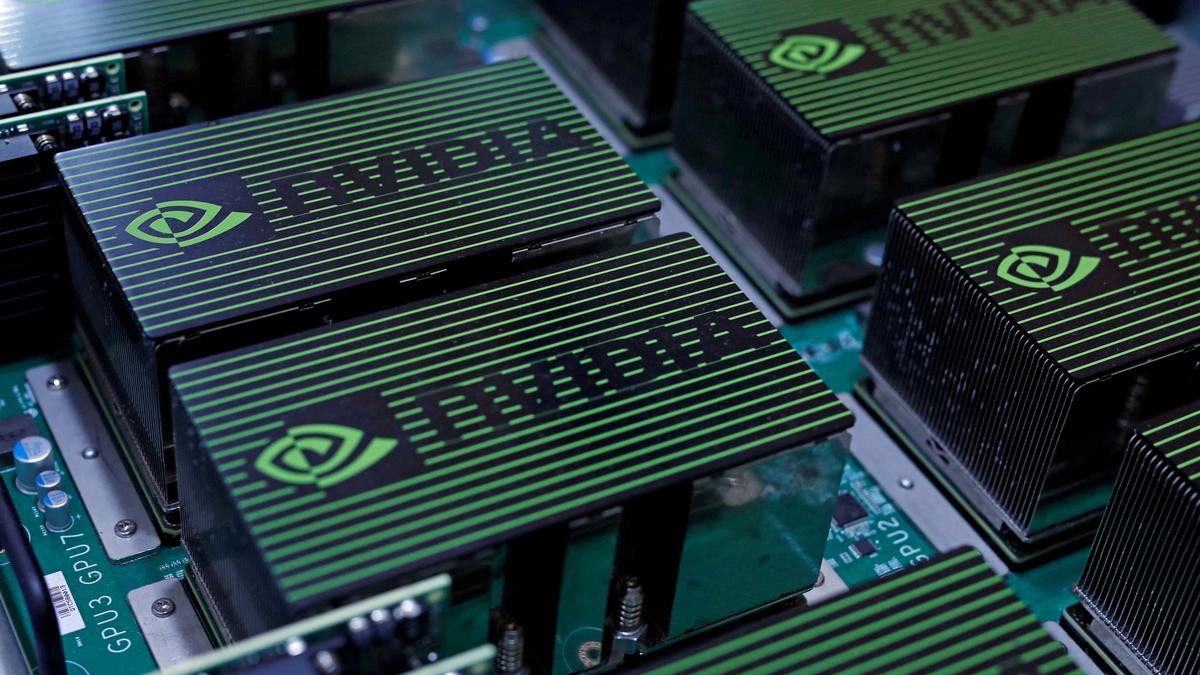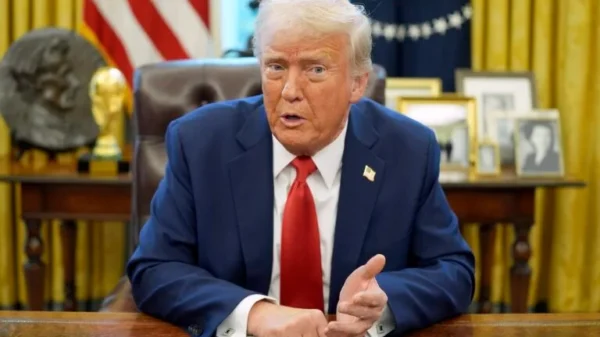China’s top internet watchdog, the Cyberspace Administration of China (CAC), has summoned Nvidia to address alleged security vulnerabilities in its H20 AI chips, reigniting tensions around American tech exports.
The chips, specifically tailored for the Chinese market under U.S. export regulations, have been accused of containing advanced location tracking and remote shutdown features—potential risks to national security and data privacy. Chinese authorities have demanded that Nvidia provide detailed documentation and explanations addressing the reported vulnerabilities.
This development comes amid a backdrop of easing U.S. export restrictions, which had previously halted sales of the H20 chips. Nvidia, in reaffirming its presence in China, had recently resumed shipments and emphasized commitment to Chinese clients. CEO Jensen Huang, following a visit to Beijing, described the market as “open and stable,” aiming to reassure local stakeholders.
Some analysts view the investigation as part of China’s broader drive to promote domestic chip manufacturing, highlighting local contenders like Huawei’s 910C. The timing is notable, occurring during ongoing U.S.-China trade negotiations that seek to temper tensions.
Amid China’s wider economic pressures—including a struggling property sector and evolving trade policies—President Xi Jinping continues to advocate for self-reliance in strategic sectors like semiconductors and AI. Even with these headwinds, Nvidia remains a global leader in AI chip technology, recently surpassing a $4 trillion valuation.
![]()






























































